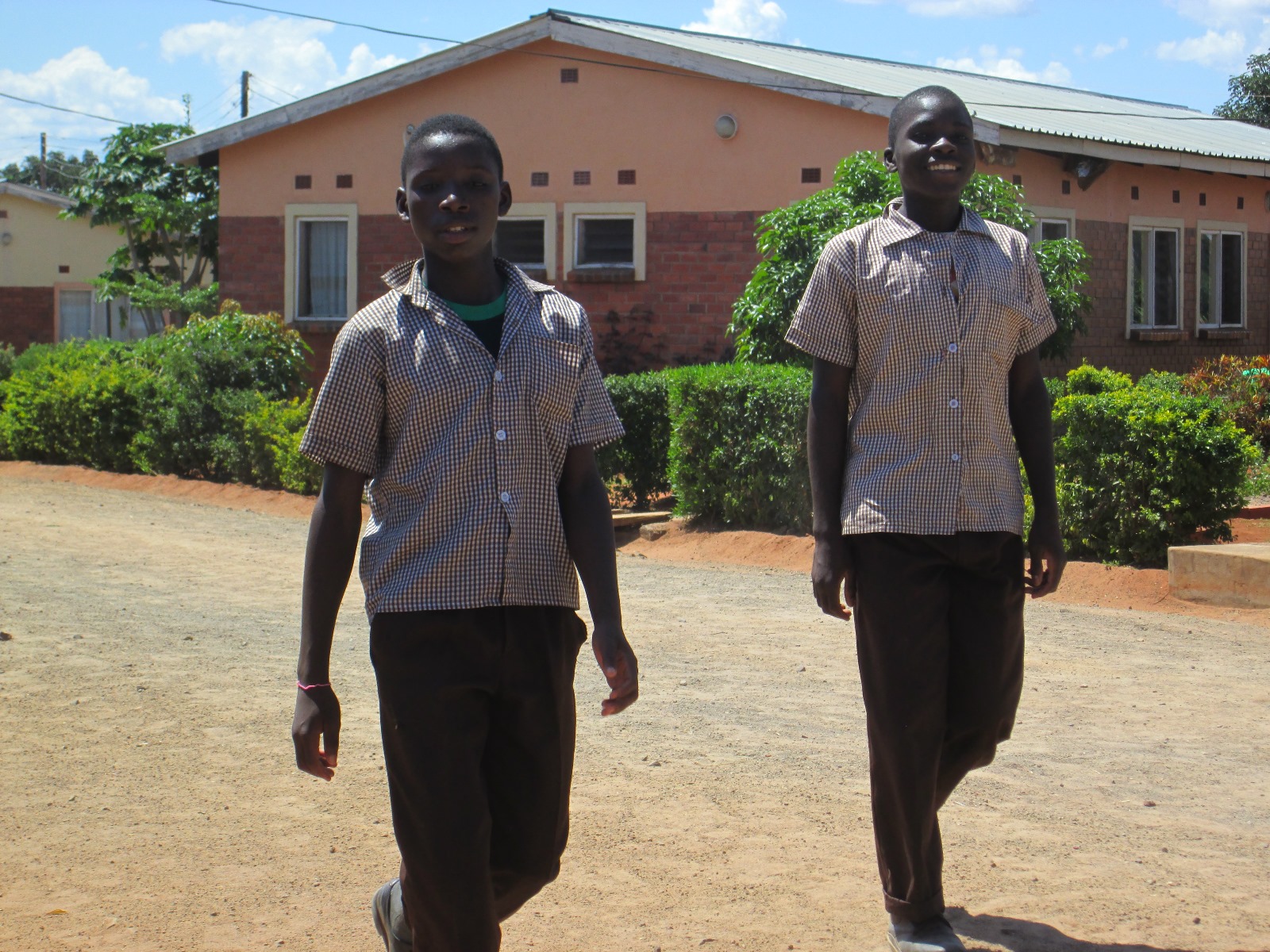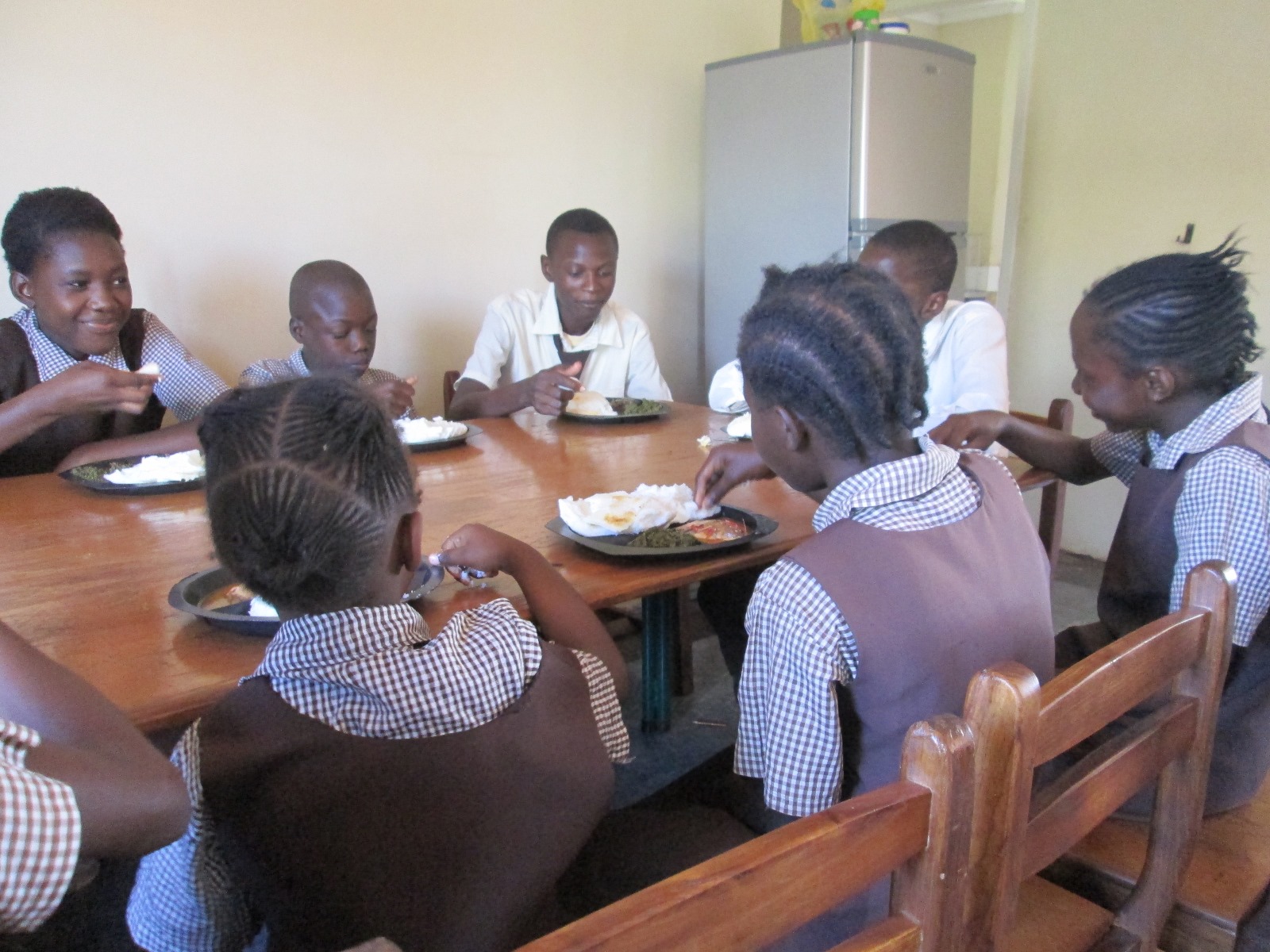Education on HIV/AIDS prevention needs to be more widely available
.jpg?width=800)
The city of Livingstone has a population of over 136,000. It is situated near Victoria Falls and is thus a popular tourist destination. The largest ethnic group in southern Zambia and in northern Zimbabwe are the Tonga people. They have been living here in the Zambezi Valley for centuries and are predominantly subsistence farmers. The region is frequently affected by severe drought, which leads to food shortages and the need for food aid.
The traditional lifestyle of the Tongans was severely disrupted in the 1950s with the building of the Kariba Dam Wall, but many of their traditions and cultural practices have been kept alive. The belief in witchcraft is still very strong, as is the model of communal living where the stronger members support those in need. Polygamy is also commonly practised – which has unfortunately contributed to the rapid spreading of HIV/AIDS and a great number of children without parental care due to the disease. There have also been cases where HIV infection has been blamed on witchcraft, and the person allegedly responsible for casting the evil spell was then punished or even killed. While traditional beliefs should by no means be ignored, information campaigns on HIV/AIDS transmission and treatment are a necessity.
Lack of health care and education endangers children’s future
In terms of health care, most people in small, rural villages rely on traditional healers, who are often believed to have supernatural powers. Although there are medical centres and hospitals in the valley, they are understaffed and frequently run out of medicines. In addition, their services are not affordable to most people.
In the city of Livingstone, a lack of infrastructure and social services, as well as high levels of poverty, pollution and unemployment still affect large proportions of the population. In addition, the city has seen rapid growth of unplanned settlements in recent years, where people live in slum-like conditions that are detrimental to safety and health, especially that of children. Outbreaks of water-borne diseases like cholera and diarrhoea are common, especially during the rainy season. These difficult socioeconomic conditions in addition to the relative isolation of many people in the Southern Province also mean very low primary school enrolment rates, which are at around 47 per cent for boys and 54 per cent for girls.
What we do in Livingstone
.jpg?width=800)
SOS Children’s Villages began its work in Livingstone in 2008. In recent years, we have expanded our family strengthening programme in the region so as to reach as many struggling families as possible, especially those affected by HIV/AIDS. The aim is to alleviate hardship and maintain family stability so that children will be safe and protected and grow up in a loving home.
The SOS Social Centre in Livingstone ensures that children have access to essential health and nutritional services, as well as education. We assist parents by providing guidance on income-generating skills and parenting practices, as well as counselling and psychological support where needed. In cooperation with local organisations, we also work towards strengthening the support systems for vulnerable families within the community. Around 1,000 children and their families benefit from the programme.
For children from the region who are no longer able to live with their parents, 15 SOS families can provide a loving home for up to 150 children. In each family, the children live with their brothers and sisters, affectionately cared for by their SOS mother.
The children attend the SOS Kindergarten in Livingstone together with children from the neighbourhood, which ensures that they are integrated into the local community from a young age. The children then go on to complete their primary education at the SOS school, which is attended by almost 360 pupils from the region.